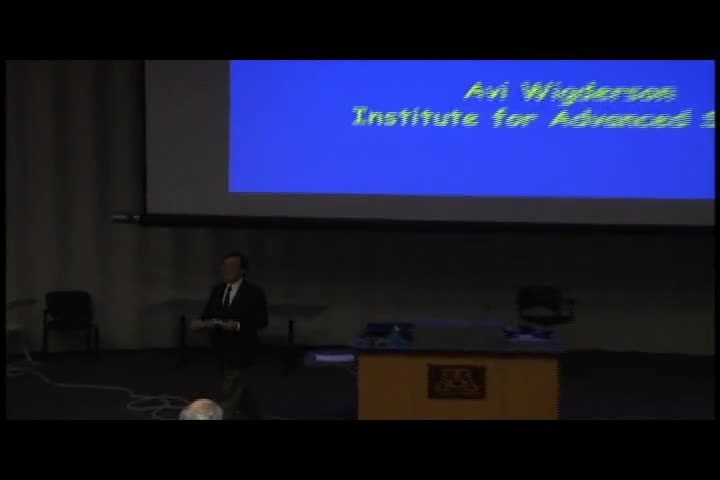Abstract
1) Did you ever wonder what protects your computer password when you log on, or your credit card number when you shop on-line, from hackers listening on the communication lines? 2) Is it possible for a group of people to play a (cardless) game of Poker on the telephone, without anyone being able to cheat? 3) Can you convince others that you can solve a tough math (or SudoKu) puzzle, without giving them the slightest hint of your solution? 4) Can two people who never met create a secret language in the presence of others, which no one but them can understand?
In this talk, I plan to survey some of the mathematical and computational ideas, definitions, and assumptions which underlie privacy and security of the Internet and electronic commerce. I will explain some of the magical consequences of this theory. For example, how the solution of question (1) enables a positive answer to questions (2), (3), and (4). I will also explain the fragility of the current foundations of modern cryptography and the need for stronger ones.
